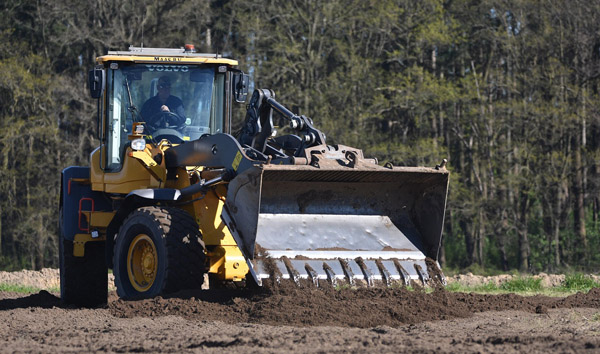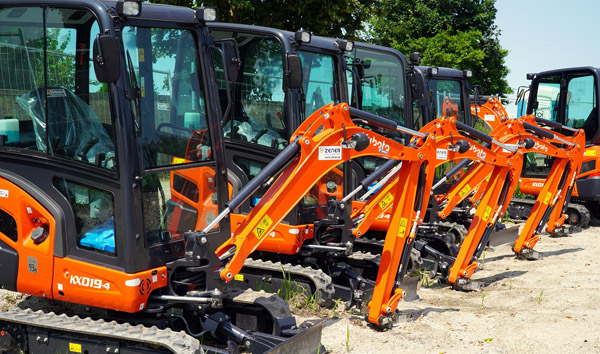Timberland Titans: The Rise of Forestry Rough Terrain Forklifts
2025-07-20 03:25:31
The forestry industry has long relied on heavy-duty equipment to navigate uneven, muddy, and debris-laden terrains. Forestry Rough Terrain Forklifts have emerged as indispensable tools, offering superior stability and lifting capacity compared to conventional models. According to industry data, the global market for these machines is projected to grow at a CAGR of 6.8% from 2023 to 2030, driven by increasing timber production and sustainable forestry initiatives.
One of the defining features of forestry rough terrain forklifts is their reinforced chassis and all-terrain tires, designed to withstand the punishing conditions of logging sites. Unlike standard forklifts, these machines incorporate advanced hydraulic systems that enable precise load handling on slopes up to 30 degrees. A recent study by the International Forestry Equipment Association (IFEA) found that operators using forestry rough terrain forklifts reported a 22% increase in productivity due to reduced downtime from terrain-related issues.
The integration of telematics and IoT sensors has further revolutionized forestry rough terrain forklifts. Real-time monitoring of engine performance, fuel efficiency, and load distribution allows operators to optimize workflows and minimize wear and tear. For instance, John Deere’s latest forestry forklift model includes predictive maintenance alerts, reducing unplanned repairs by 35%. These innovations align with the industry’s push toward digitalization and automation in heavy machinery.
Environmental concerns are also shaping the evolution of forestry rough terrain forklifts. Manufacturers are increasingly adopting hybrid and electric powertrains to reduce emissions without compromising power. Caterpillar’s new electric rough terrain forklift, for example, boasts zero emissions and a 20% lower operating cost than diesel counterparts. With stricter emissions regulations in regions like the EU and North America, the shift toward greener alternatives is expected to accelerate.
Looking ahead, the forestry rough terrain forklift market will continue to evolve with advancements in autonomous navigation and AI-driven load management. Companies like Komatsu and Volvo are already testing self-driving prototypes in controlled environments. As the forestry sector embraces Industry 4.0, these machines will play a pivotal role in enhancing efficiency, safety, and sustainability. The future of forestry operations hinges on the relentless innovation of rough terrain forklifts tailored to the industry’s unique demands.














